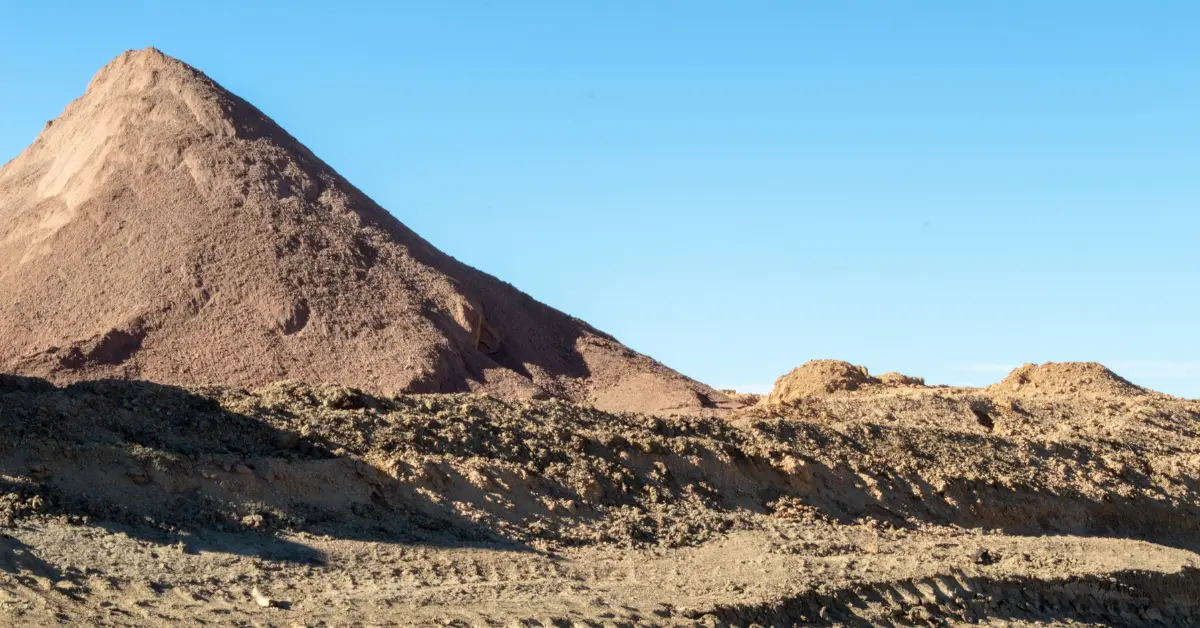
The construction industry has experienced a significant shift in how materials are sourced, thanks to online dirt marketplaces. Traditionally, contractors relied on local suppliers, word-of-mouth referrals, or time-consuming negotiations to find the right soil for their projects. Now, digital platforms are transforming this process by offering a centralized location to browse, compare, and purchase dirt efficiently. Contractors are always seeking ways to reduce costs and complete projects on time, which is why dirt trading platforms are gaining popularity. These platforms eliminate the inefficiencies of traditional sourcing methods, offering instant access to multiple sellers in one place. Contractors no longer need to spend hours contacting different suppliers or dealing with inconsistent pricing. Instead, they can compare options, check availability, and secure their orders in just a few clicks.

User-Friendly Interfaces, Interactive Maps, and Step-by-Step Guides in Dirt Marketplaces
One of the most transformative aspects of modern dirt marketplaces is their commitment to user experience, making the process of sourcing, selling, or exchanging soil materials intuitive and accessible for contractors at any technical skill level. Central to this ease of use are user-friendly interfaces that prioritize clarity, logical navigation, and streamlined workflows. These platforms are designed to minimize the learning curve, allowing contractors to quickly create accounts, post listings, and search for materials without requiring extensive training or technical expertise. Clean layouts, clear action buttons, and straightforward menus ensure that even first-time users can accomplish their goals with minimal friction. For contractors juggling multiple projects and tight deadlines, this simplicity translates directly into saved time and reduced frustration.
A standout feature that further enhances usability is the inclusion of interactive maps. These maps serve as a visual hub for marketplace activity, offering contractors an at-a-glance overview of available dirt, fill sites, and suppliers in their vicinity or target area. By leveraging geolocation and filtering tools, users can easily pinpoint listings that match their specific requirements for soil type, quantity, and proximity. This visual approach not only accelerates the matching process but also helps contractors optimize logistics by identifying the most convenient and cost-effective options. For example, platforms like Fill Connect emphasize their "easy-to-use interactive map" that allows users to "view nearby project sites, certified dumpsites & contaminated soil facilities," and "filter by location, quantity, and type of fill with a click of a button." This level of interactivity empowers contractors to make informed decisions quickly, reducing the time spent on manual searches and phone calls.
To further support seamless navigation, many leading dirt marketplaces provide step-by-step guides and onboarding tools that walk users through each stage of the transaction process. These guides might appear as on-screen prompts, instructional videos, or detailed FAQ sections, ensuring that every user knows exactly how to list dirt, search for materials, negotiate deals, and arrange transportation.
Business Expansion and Opportunities
Dirt marketplaces are powerful platforms for business expansion and new revenue opportunities in the construction and landscaping sectors. Contractors can leverage these digital marketplaces to move beyond traditional roles and engage in dirt brokerage, acting as intermediaries who connect buyers and sellers of soil. By listing surplus dirt from excavation projects, contractors can turn what was once a disposal challenge into a profitable venture, reaching a broader audience than local advertising ever allowed. Additionally, these platforms make it easier to build a network of industry contacts, facilitating partnerships with other contractors, suppliers, and even municipalities. Contractors can monitor regional demand, identify emerging project needs, and diversify their offerings to include specialty soils or bulk delivery services. This proactive approach positions them as valuable resources in the supply chain, opening doors to larger projects and repeat business. As the marketplace grows, so does the potential for contractors to scale their operations, enter new markets, and develop expertise in dirt brokerage—ultimately transforming a routine aspect of construction into a dynamic business opportunity. By embracing the full potential of dirt marketplaces, contractors can future-proof their businesses and stay competitive in a rapidly evolving industry.
The Role of Online Dirt Marketplaces in Construction and Landscaping
How Marketplaces for Dirt Streamline Material Sourcing
Marketplaces for dirt simplify the entire process by offering an organized platform where buyers can find various soil types in one place. These platforms allow users to search for the exact material they need, reducing the time spent making phone calls or visiting multiple suppliers. With clear descriptions and availability updates, contractors can quickly determine which sellers meet their project requirements. This efficiency prevents unnecessary delays, ensuring that projects stay on schedule. By eliminating guesswork and providing instant access to a range of suppliers, these marketplaces make soil procurement significantly more convenient for industry professionals.
Connecting Contractors with a Wide Network of Dirt Suppliers Online
Access to multiple sellers is one of the most significant advantages of dirt suppliers online. Instead of being limited to a small number of local providers, contractors can now source materials from a broader range of suppliers, ensuring they get the best quality at the most competitive price. These platforms connect buyers with vendors across different regions, expanding their options and increasing the chances of finding the right soil type for their specific needs. Whether a project requires topsoil, clay, or specialized blends, contractors can compare listings and make informed decisions without geographical restrictions. This accessibility not only saves time but also improves cost efficiency, as buyers can select suppliers offering the best value. By leveraging these digital connections, industry professionals can secure reliable materials without the frustration of traditional procurement methods.
Meeting Diverse Project Needs: Topsoil, Fill Dirt, and Specialty Blends
Sourcing the right materials can be challenging, as different projects require specific soil types with unique properties. Dirt buying marketplaces simplify this process by offering a wide selection of soil options that cater to various project needs. From standard topsoil to specialized blends, these platforms help contractors find the perfect match for their requirements. By using an online marketplace, professionals can compare different types of soil in one place, ensuring that they secure the best materials without delays or compromises.
- Topsoil for Landscaping – Rich in organic matter and essential nutrients, topsoil is ideal for supporting plant growth and maintaining healthy landscapes. It provides a fertile foundation for grass, flowers, and shrubs, making it a staple in gardening and environmental restoration projects.
- Fill Dirt for Foundations – Compactable and stable, fill dirt is commonly used for leveling, backfilling, and creating a solid base for structures. It lacks organic material, reducing the risk of settling over time, which is crucial for construction projects that require a firm foundation.
- Sandy Soil for Drainage Projects – Certain landscaping and construction tasks require soil with high drainage capabilities. Sandy soil is often used for drainage systems, roadbeds, and sports fields, ensuring that excess water does not accumulate and cause structural issues.
- Clay-Based Soil for Moisture Retention – Clay soil holds water effectively, making it suitable for projects that require moisture retention, such as retaining walls or pond linings. It is also used in construction to create sturdy, compacted layers that support infrastructure development.
- Specialty Blends for Unique Needs – Some projects demand engineered or blended soils that meet specific conditions. Erosion-resistant mixes, compost-infused blends, and lightweight fill materials can be sourced through these marketplaces, allowing contractors to find customized solutions for specialized tasks.
By offering access to a variety of soil types, these marketplaces ensure that contractors and landscapers can select the best materials for their specific needs. Instead of settling for whatever is available locally, professionals can make informed choices based on quality, composition, and suitability for their projects.
Enhancing Project Timelines with Quick Access to Inventory
Delays in obtaining essential materials can cause significant disruptions to construction schedules. With traditional sourcing, contractors often face unexpected shortages or long waiting times before receiving the required soil. By using the best dirt marketplace, professionals can bypass these obstacles with real-time inventory updates that show precisely what is available. Immediate access to listings helps contractors secure the materials they need without wasting time on back-and-forth negotiations. Additionally, many platforms offer delivery coordination, ensuring that soil arrives at the project site when it’s needed. This efficiency reduces downtime, keeping projects on track and preventing unnecessary labor costs associated with delays. The speed and convenience provided by these platforms make them a vital tool for industry professionals looking to optimize their workflow and maintain tight construction timelines.
Saving Time Through Streamlined Processes
Advanced Search Filters for Specific Soil Types and Locations
One of the biggest advantages of using online dirt marketplaces is the ability to refine searches based on specific project requirements. Traditional sourcing methods often involve reaching out to multiple suppliers, waiting for responses, and manually comparing different options. As said before, digital platforms eliminate this hassle by offering advanced filters that allow contractors to narrow down their search by soil type, quantity, and location. This ensures that only relevant listings appear, preventing wasted time on unsuitable materials. Whether a project requires nutrient-rich topsoil or compactable fill dirt, buyers can specify their needs and receive immediate results. The ability to target precise requirements helps professionals secure the right materials faster, keeping construction schedules on track. This level of efficiency makes digital marketplaces an essential tool for streamlining procurement in modern construction and landscaping projects.
Real-Time Inventory Updates for Immediate Availability
A major frustration for contractors is securing soil only to find out it is no longer available. Dirt trading platforms address this issue by providing real-time inventory updates, ensuring buyers have access to the most up-to-date listings. With traditional sourcing, material shortages can disrupt timelines, forcing contractors to search for alternatives at the last minute. Digital platforms prevent these setbacks by displaying live availability, allowing buyers to act quickly when the right material is found. This real-time access helps eliminate delays caused by outdated information, ensuring that projects continue uninterrupted. Additionally, automated notifications can alert buyers when a preferred soil type is restocked, further enhancing efficiency. By keeping users informed of inventory levels, these platforms help professionals make timely purchasing decisions without unnecessary setbacks.

Features Like Delivery Calculators and Transportation Arrangement Tools
Instead of arranging separate freight services or dealing with unexpected costs, contractors can use built-in features that streamline the entire logistics process. These tools provide transparency in pricing, help estimate shipping times, and ensure that materials arrive precisely when they are needed. By incorporating delivery solutions alongside procurement, online marketplaces allow contractors to focus on their projects rather than transportation concerns.
- Delivery Cost Calculators – Many platforms include calculators that estimate shipping costs based on factors like distance, order size, and transportation method. This helps contractors budget accurately and avoid unexpected expenses.
- Freight Carrier Integrations – Some marketplaces partner with freight companies to offer direct delivery options, eliminating the need for buyers to find separate transportation providers. This reduces coordination time and simplifies logistics.
- Real-Time Tracking Tools – Many platforms provide shipment tracking features that allow buyers to monitor deliveries in real-time. This ensures greater accuracy in scheduling and helps prevent delays caused by uncertain arrival times.
- Scheduled Delivery Options – Contractors can often choose delivery windows that align with their project timelines, ensuring that materials arrive when they are needed rather than sitting on-site too early or arriving too late.
- Bulk Shipment Coordination – Large orders often require specialized handling, and some platforms offer assistance with bulk shipments, helping contractors secure the best rates and efficient transport solutions for high-volume purchases.
By combining procurement with transportation tools, these platforms remove a major obstacle that contractors often face when sourcing materials. The ability to estimate costs, track shipments, and coordinate deliveries all in one place improves efficiency and keeps projects moving without unnecessary disruptions.
Cost Savings and Competitive Pricing
Comprehend how dirt marketplaces help contractors reduce expenses by enabling price comparisons, bulk purchasing options, and transparent pricing structures, as well as opportunities to sell surplus dirt.
Comparing Prices from Multiple Sellers in One Place
Finding cost-effective materials is a priority for contractors managing construction or landscaping projects. A website to buy dirt makes this process more efficient by displaying multiple sellers in one convenient location. Instead of reaching out to individual suppliers and requesting quotes, buyers can view real-time pricing, compare options, and select the best deal for their budget. This level of transparency ensures that contractors get competitive rates without unnecessary negotiations.
Benefits of Bulk Purchasing for Large-Scale Projects
Large projects require substantial quantities of soil, and buying in bulk can significantly lower costs. Many digital platforms offer volume-based discounts, making it more affordable to secure the necessary materials in one order. Contractors working on extensive landscaping or construction jobs benefit from reduced per-unit pricing, which helps manage overall project budgets more effectively. Additionally, bulk purchases minimize the risk of delays caused by multiple shipments, ensuring that all required materials are delivered together. This approach streamlines procurement while reducing transportation fees, further optimizing cost efficiency.
How Dirt Buying Marketplaces Reduce Transportation Costs
Shipping expenses can quickly add up, especially when materials need to be transported over long distances. By selecting vendors based on proximity, buyers can reduce fuel surcharges and handling fees that often accompany long-haul transportation. Some platforms also provide access to preferred shipping rates, giving users an additional advantage when arranging deliveries. With clear cost breakdowns and the ability to choose local suppliers, these marketplaces make it easier to keep expenses in check while ensuring that materials arrive on schedule.
Turning Surplus Dirt into Revenue
Construction projects often generate excess soil, which can become a logistical challenge if not properly managed. Instead of paying for disposal or finding alternative storage solutions, contractors can sell dirt online through dedicated platforms. This not only helps recover costs but also provides an eco-friendly alternative to waste management. By listing surplus materials on a digital marketplace, sellers can connect with buyers who need specific soil types for their projects. This exchange benefits both parties—buyers gain access to affordable materials, while sellers turn what would have been excess dirt into an additional revenue stream. Digital platforms simplify the process by allowing contractors to set prices, communicate with buyers, and arrange transportation, making it easier than ever to manage surplus soil efficiently.
Quality Control and Verified Listings
Most leading platforms require sellers to provide detailed information about their soil, including type, origin, and intended use, as well as supporting documentation such as lab reports or test results when available. Some marketplaces verify listings through third-party testing, moisture content analysis, or certifications, giving buyers confidence that materials meet industry requirements. Customer reviews and ratings on supplier profiles further enhance transparency, enabling contractors to assess the reliability of sellers based on past transactions. These feedback systems create a competitive environment where sellers are incentivized to maintain high standards. By combining verified listings, quality documentation, and transparent feedback, dirt marketplaces foster a trustworthy environment that minimizes risk and ensures contractors receive the materials they expect.
Sustainability and Environmental Impact
Dirt marketplaces are not only revolutionizing how contractors source and exchange soil, but they are also delivering significant environmental benefits that support a more sustainable construction industry. One of the most impactful ways these platforms contribute to sustainability is by reducing unnecessary hauling. Traditionally, excess soil from one project was transported long distances to distant dump sites, while another nearby site simultaneously imported new soil from afar. This inefficient practice leads to redundant trucking, resulting in increased fuel consumption, higher carbon emissions, and unnecessary wear on vehicles and infrastructure. By connecting contractors with local sources of fill and nearby sites in need of soil, dirt marketplaces facilitate shorter transportation routes. This directly lowers greenhouse gas emissions associated with hauling, conserves energy, and decreases the overall carbon footprint of construction projects.
Beyond minimizing transportation, dirt marketplaces play a critical role in reducing waste. In the absence of a centralized exchange, surplus soil from excavation projects is often sent to landfills, contributing to the growing problem of construction waste. Marketplaces enable contractors to list excess dirt, making it available to others who need it for backfill, landscaping, or site grading. This promotes the reuse of valuable soil materials, ensuring that what might otherwise be discarded is put to productive use. The result is a dramatic decrease in the volume of soil waste sent to landfills, which not only conserves landfill space but also reduces the environmental impact of soil extraction and disposal.
Additionally, supporting the reuse of soil materials aligns with broader industry goals for resource conservation and circular economy practices. By encouraging the exchange and repurposing of soil, dirt marketplaces help contractors meet regulatory requirements for sustainable waste management and environmental stewardship. This approach benefits both the environment and project budgets, as contractors can access affordable, locally sourced materials while contributing to greener building practices.
Enhancing Transparency and Informed Decision-Making
Detailed Listings with Soil Descriptions and Certifications
When sourcing materials for a construction or landscaping project, contractors need clear and accurate information before making a purchase. As mentioned, a dirt trading platform provides detailed product listings that include essential specifications such as texture, composition, and intended use. Buyers can review descriptions to ensure that the soil meets their project’s needs, whether for foundational stability or plant growth. Many platforms also allow sellers to include certifications, confirming that the material adheres to industry standards. This level of transparency helps professionals make informed decisions, reducing the risk of purchasing unsuitable soil.
Transparency in Delivery Costs and Timelines
Unexpected transportation fees can disrupt a project’s budget, making it essential for contractors to have a clear breakdown of all costs upfront. A website to buy dirt simplifies this process by providing detailed estimates of shipping fees before an order is finalized. Buyers can assess total costs, including delivery expenses, to ensure that they stay within their budget. Additionally, platforms often include estimated delivery timelines, helping professionals plan their schedules accordingly. This level of predictability minimizes the risk of unexpected delays, allowing contractors to coordinate labor and equipment efficiently. By offering complete visibility into pricing and logistics, online marketplaces eliminate uncertainty and improve overall project management.
Contractors must be certain that the materials they purchase are suitable for their projects. Many marketplaces for dirt offer quality verification tools that allow buyers to confirm soil specifications before placing an order. These tools may include third-party testing results, moisture content analysis, or lab-certified documentation that verifies soil composition. Having access to this information ensures that contractors receive exactly what they need without unexpected surprises. This verification process is particularly beneficial for large-scale construction jobs where soil consistency is crucial for long-term durability. By offering these safeguards, digital platforms help professionals make confident purchasing decisions backed by reliable data.

Security, Safety, and Reliability
Leading dirt marketplaces prioritize security, payment protection, and reliable delivery to build contractor trust and ensure smooth transactions. These platforms often require user verification, confirming the legitimacy of both buyers and sellers before any deals are made. Secure payment gateways, including escrow services, safeguard funds by holding payments until the agreed-upon material is delivered and approved by the buyer. Robust delivery tracking systems provide real-time updates, ensuring that materials arrive as scheduled. Dedicated customer support and dispute resolution mechanisms further enhance reliability, enabling contractors to resolve any issues promptly and with confidence throughout the procurement process.
Evaluating the reliability of a supplier is just as important as assessing the quality of the material itself. Dirt suppliers' online platforms often incorporate customer reviews and ratings, giving buyers insight into past transactions and overall seller performance. Contractors can use these reviews to determine whether a supplier consistently delivers high-quality soil and meets delivery expectations. Ratings provide an additional layer of trust, helping professionals avoid unreliable vendors. This feedback-driven system enables buyers to select suppliers with a proven track record, thereby reducing the likelihood of delays or subpar materials. Having access to honest reviews fosters a competitive marketplace where sellers prioritize quality and service to maintain a positive reputation. Discover how Soil Connect can streamline your sourcing and sales.
Sources:
- Soil Connect, Find Dirt [https://www.soilconnect.com/find-dirt]
- Soil Connect, Contractors [https://www.soilconnect.com/contractors]

.svg)



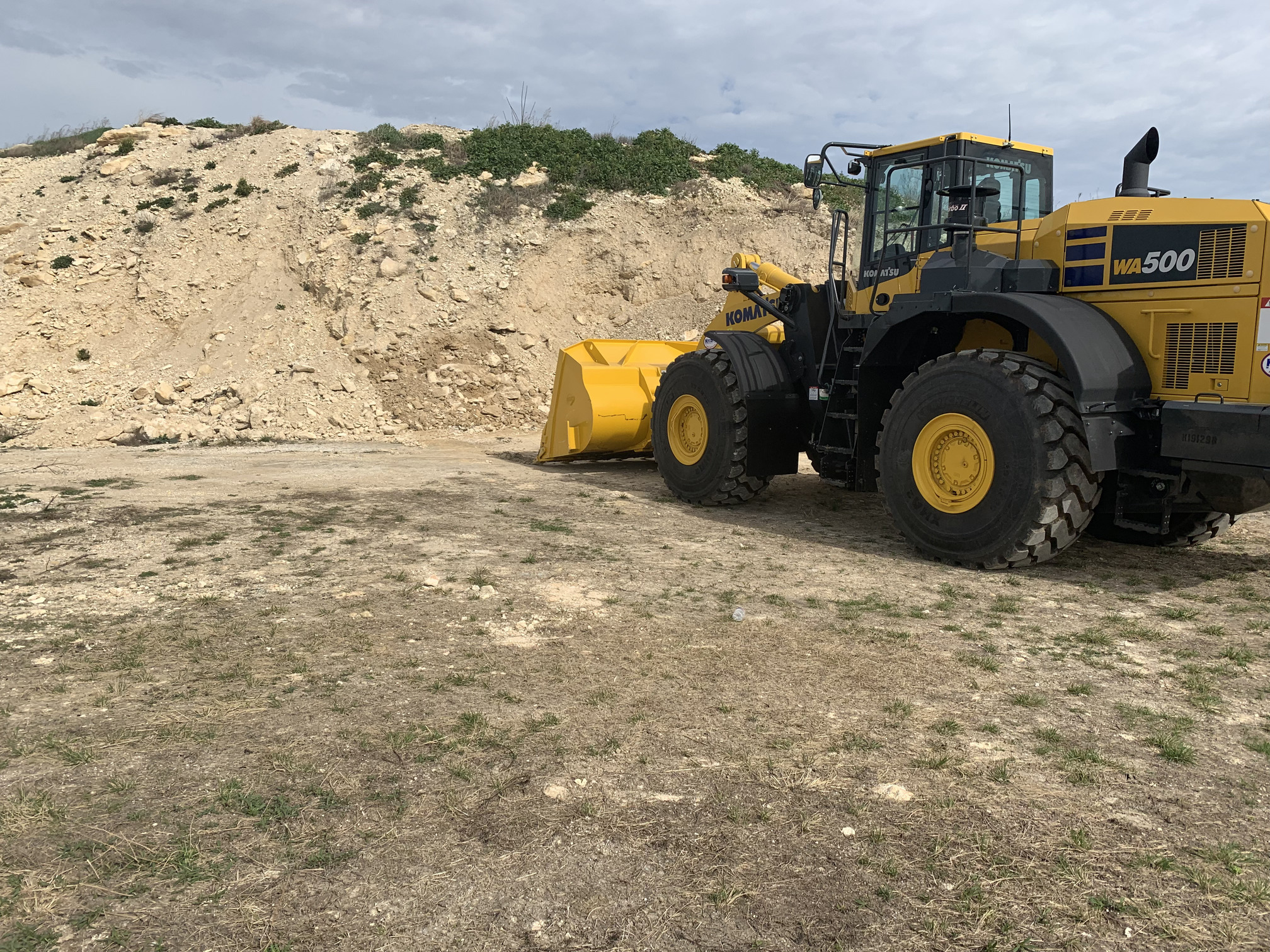

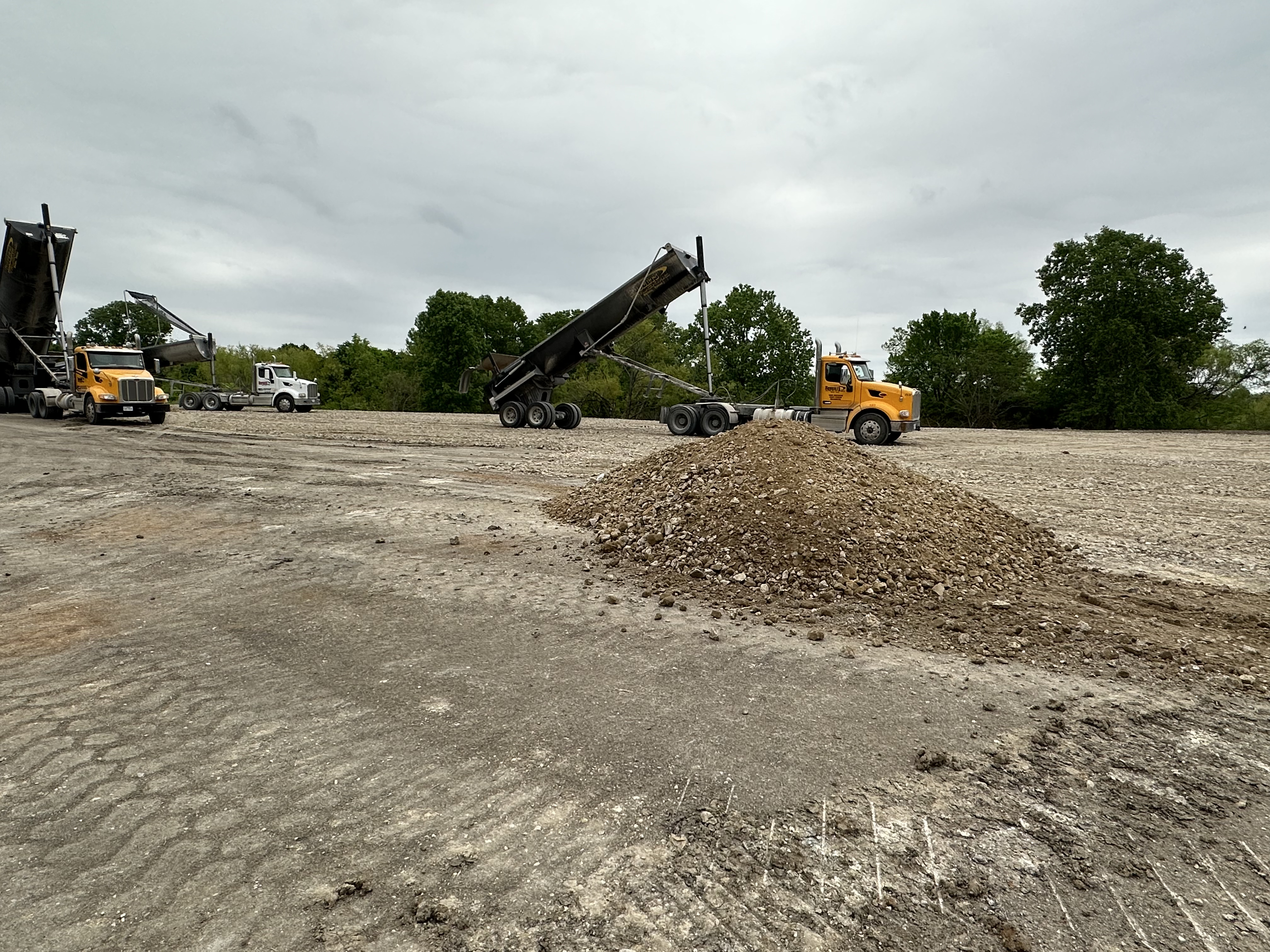

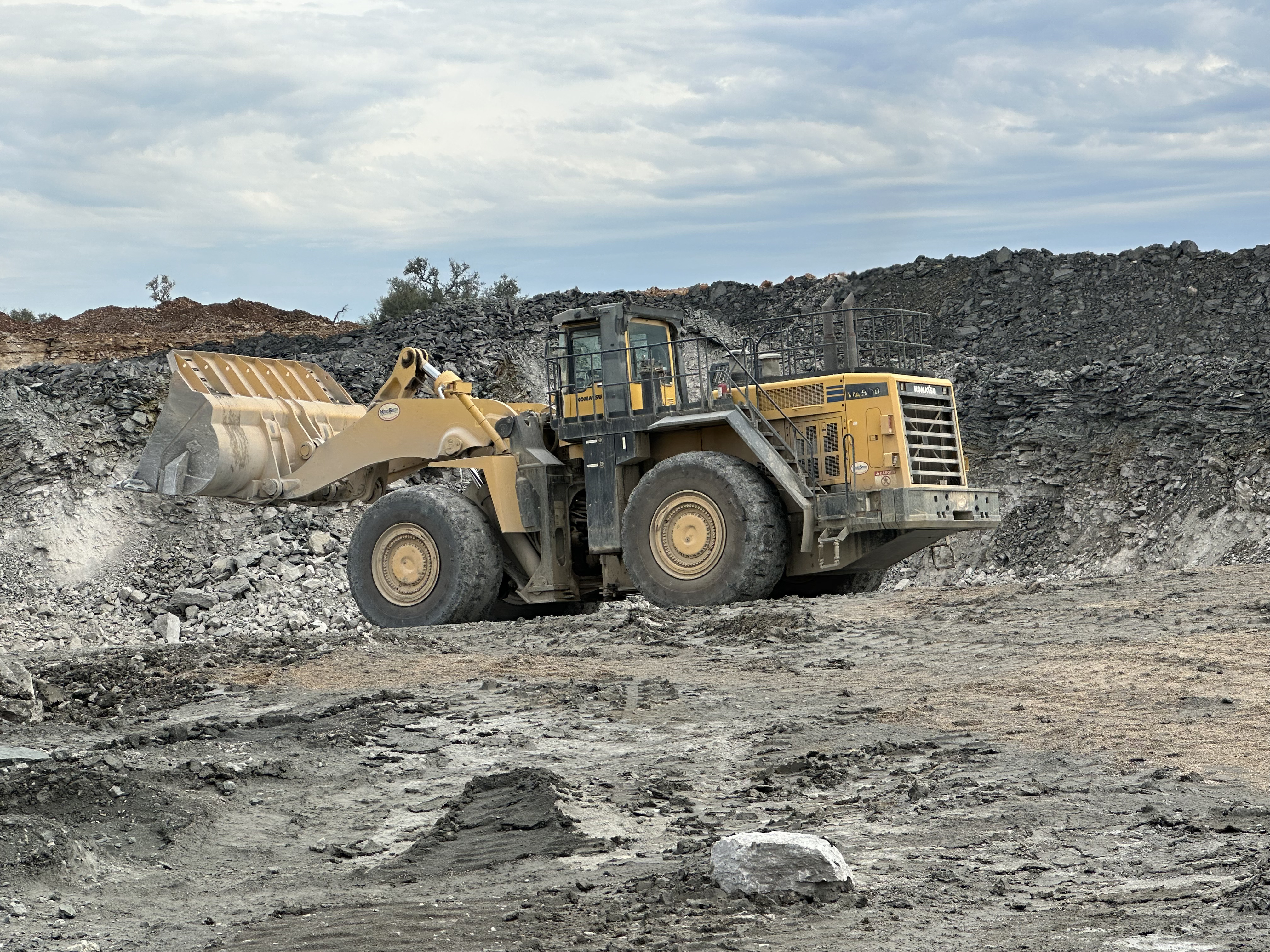





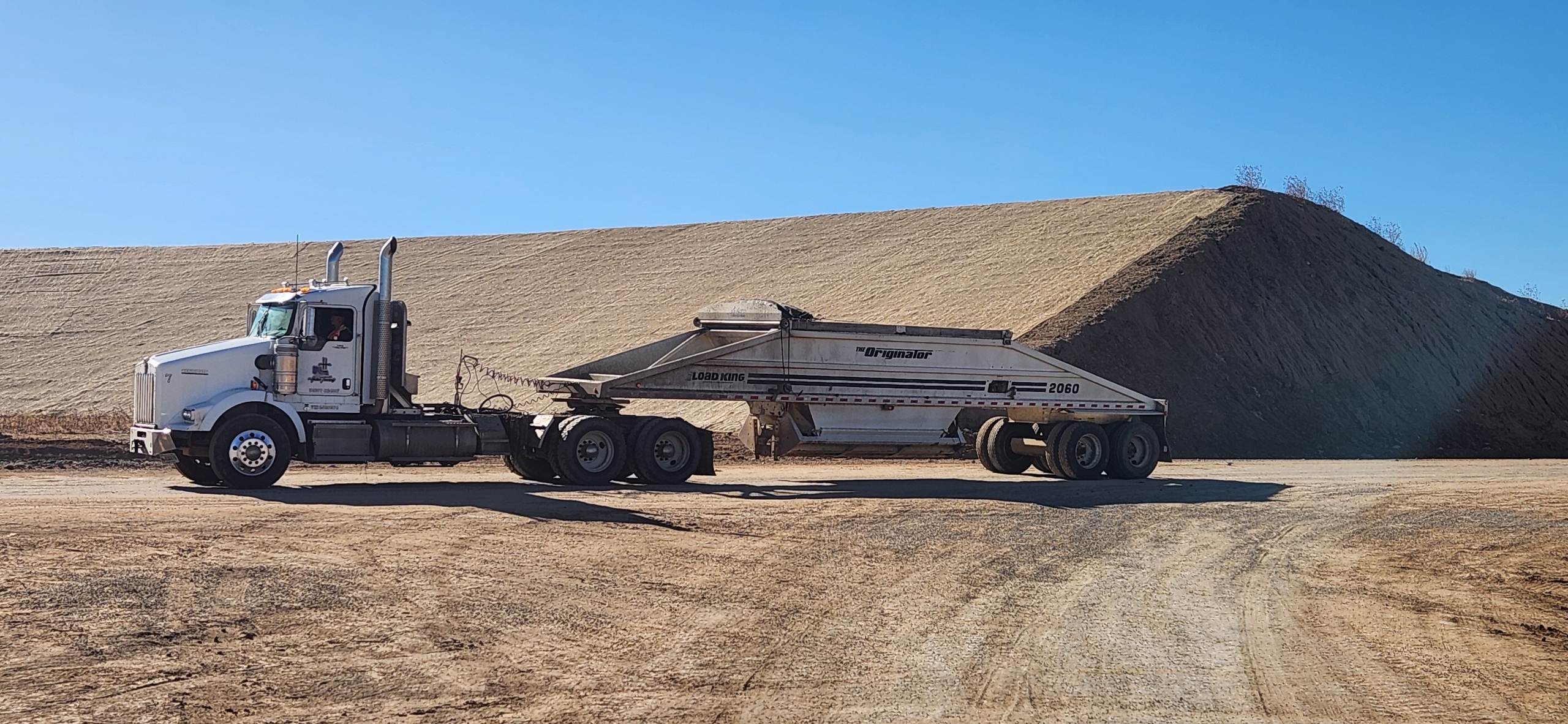
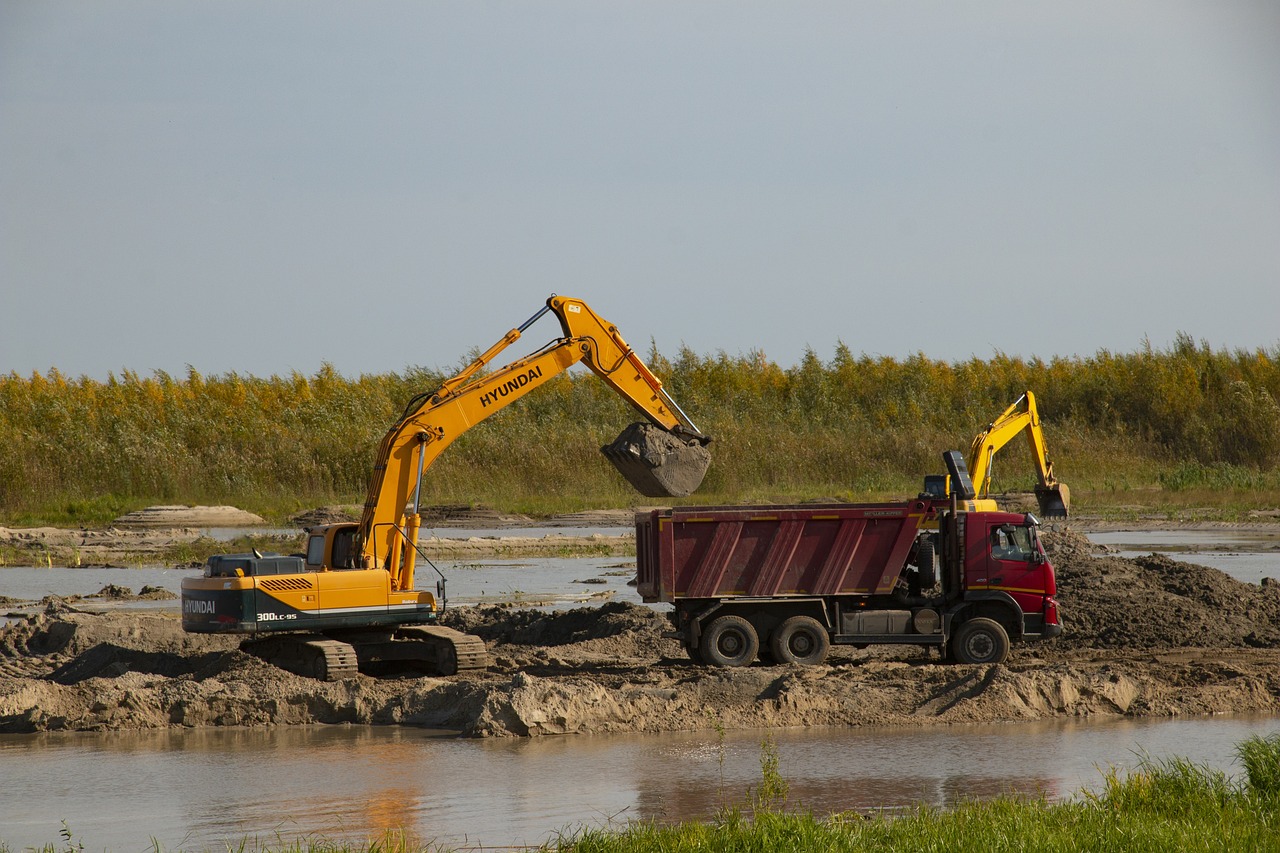

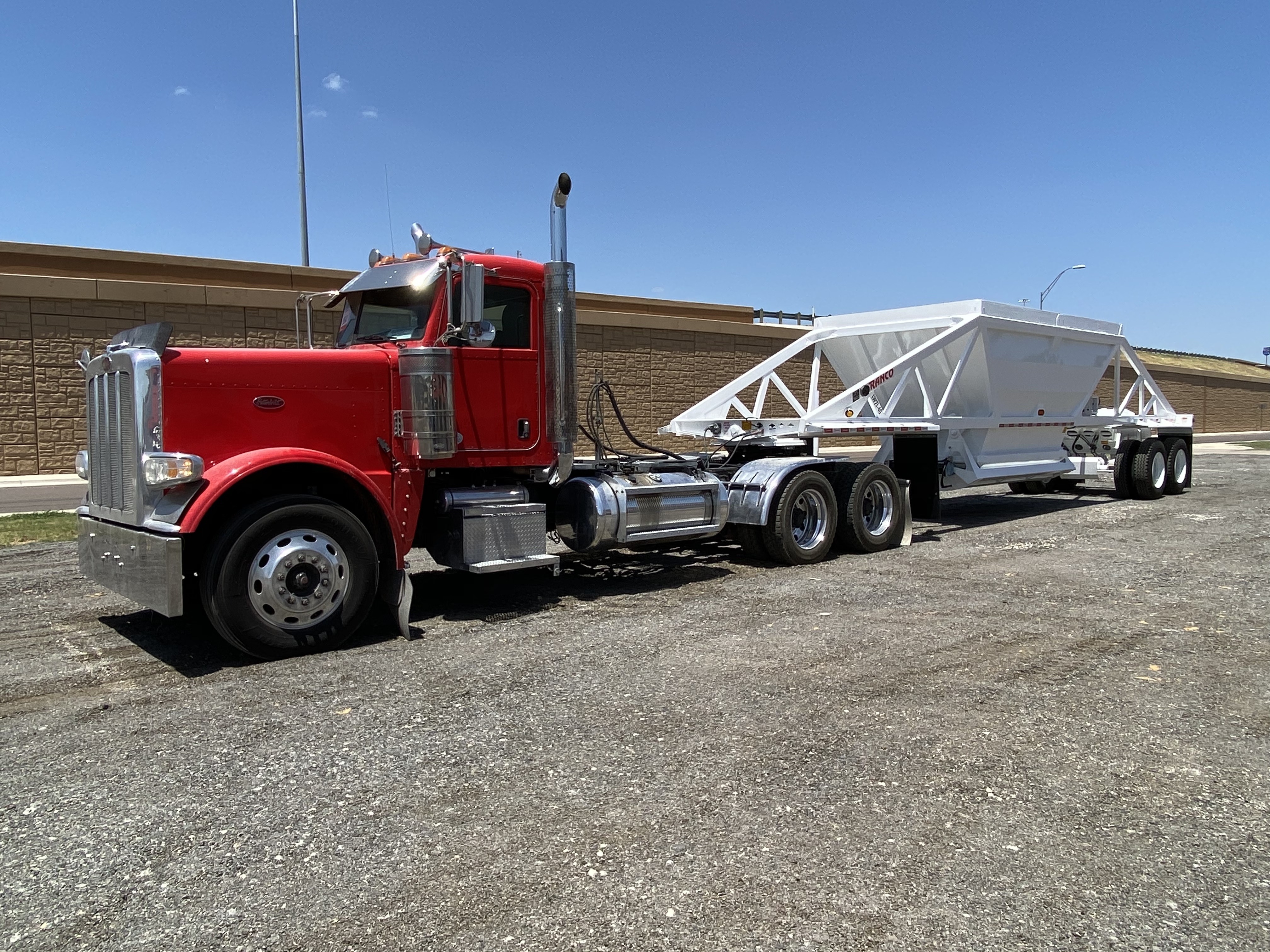
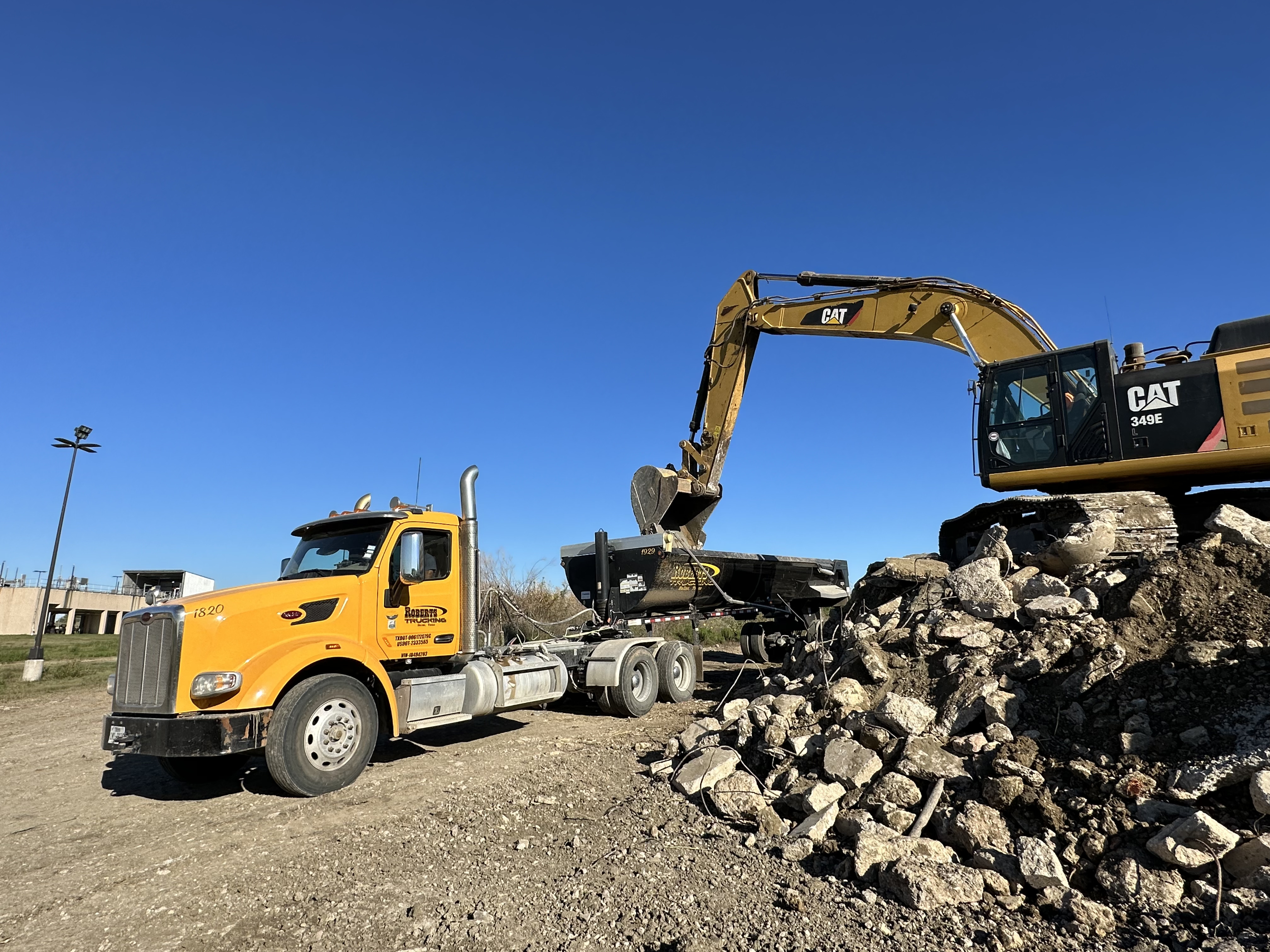
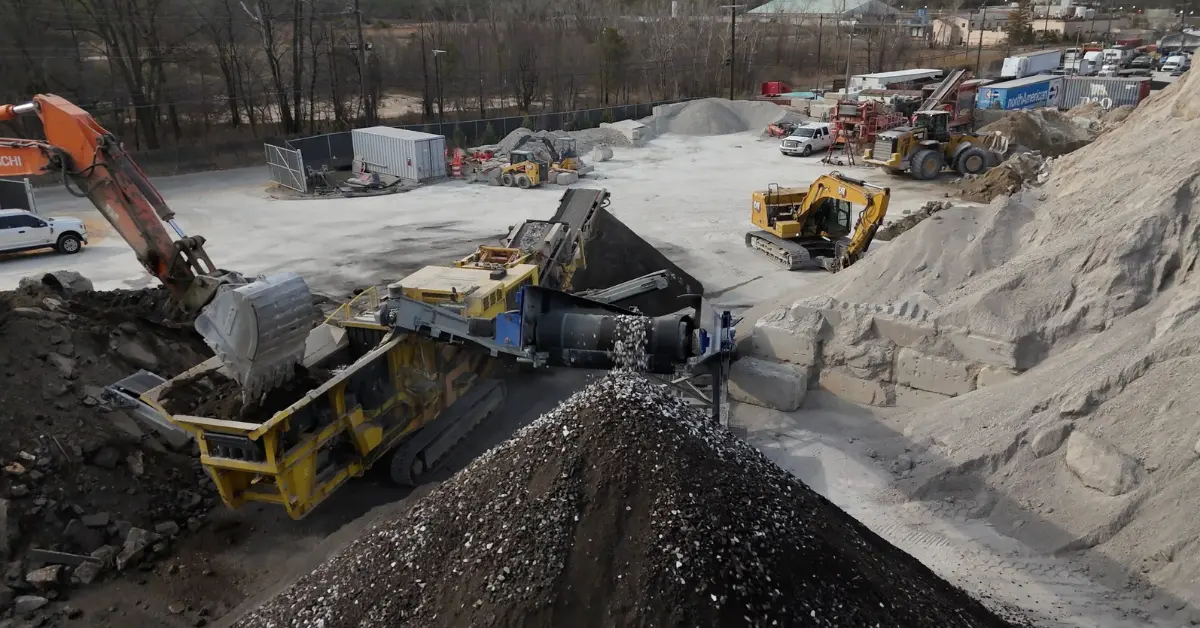
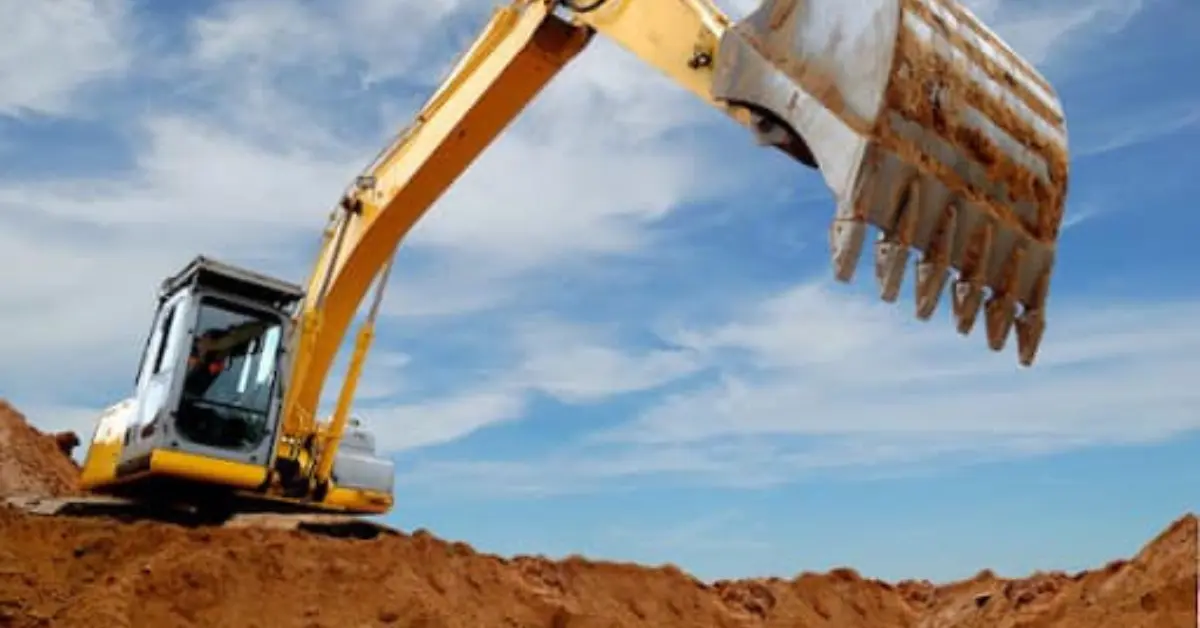
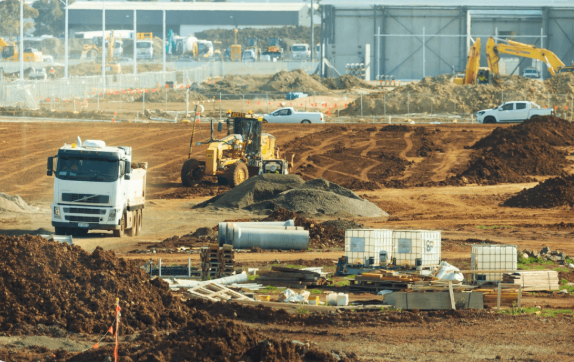
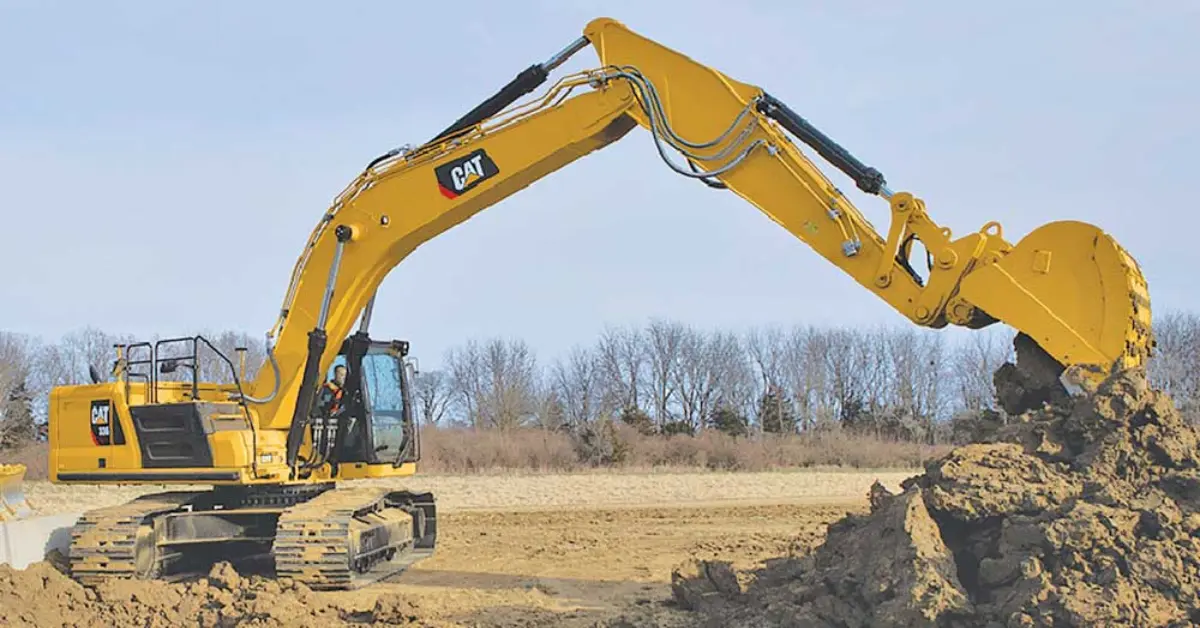
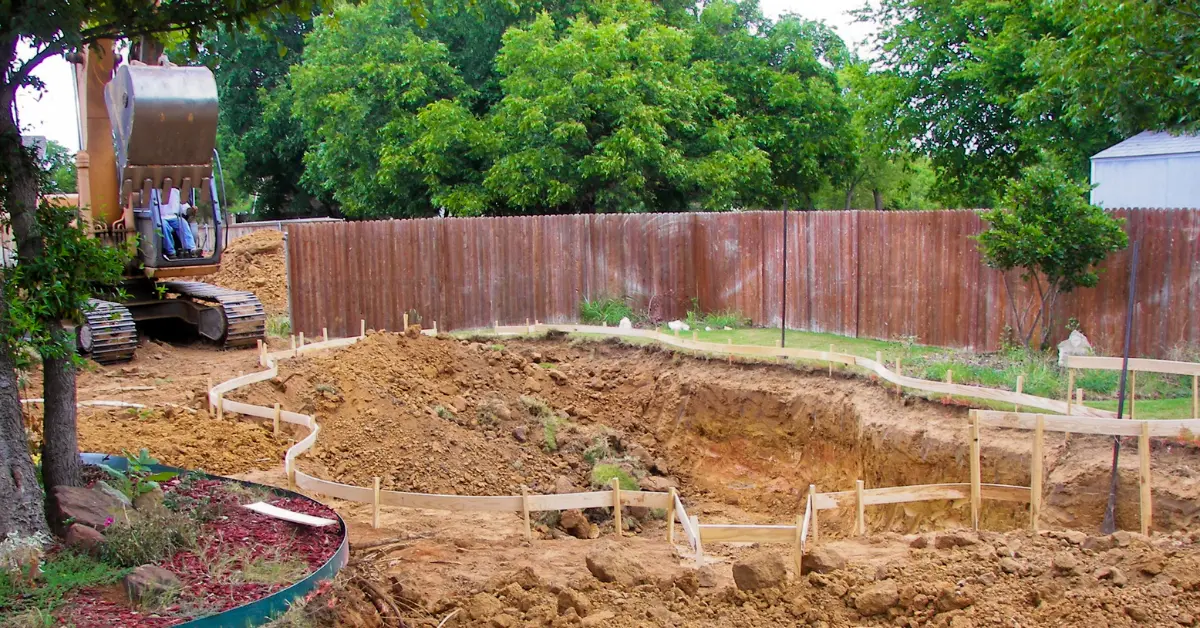
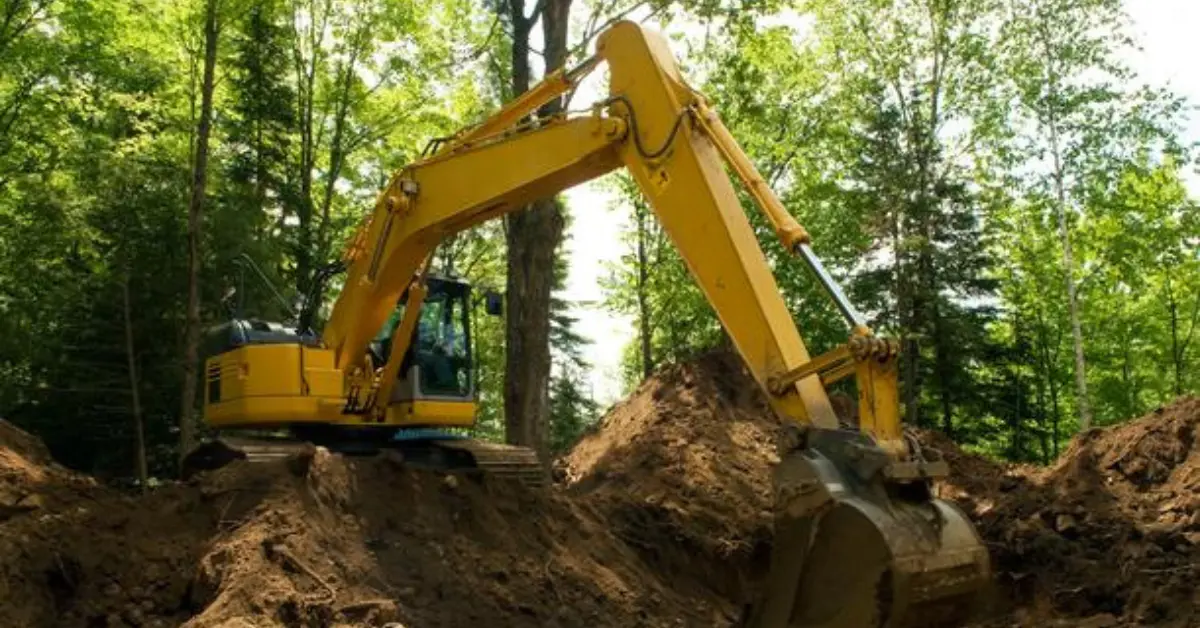
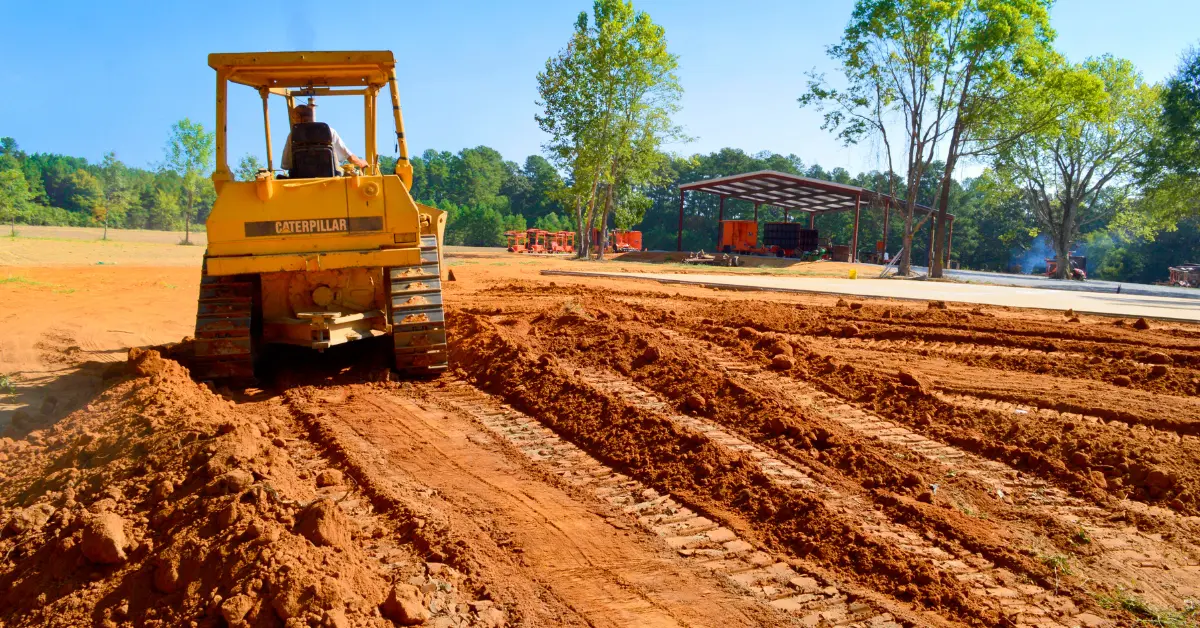
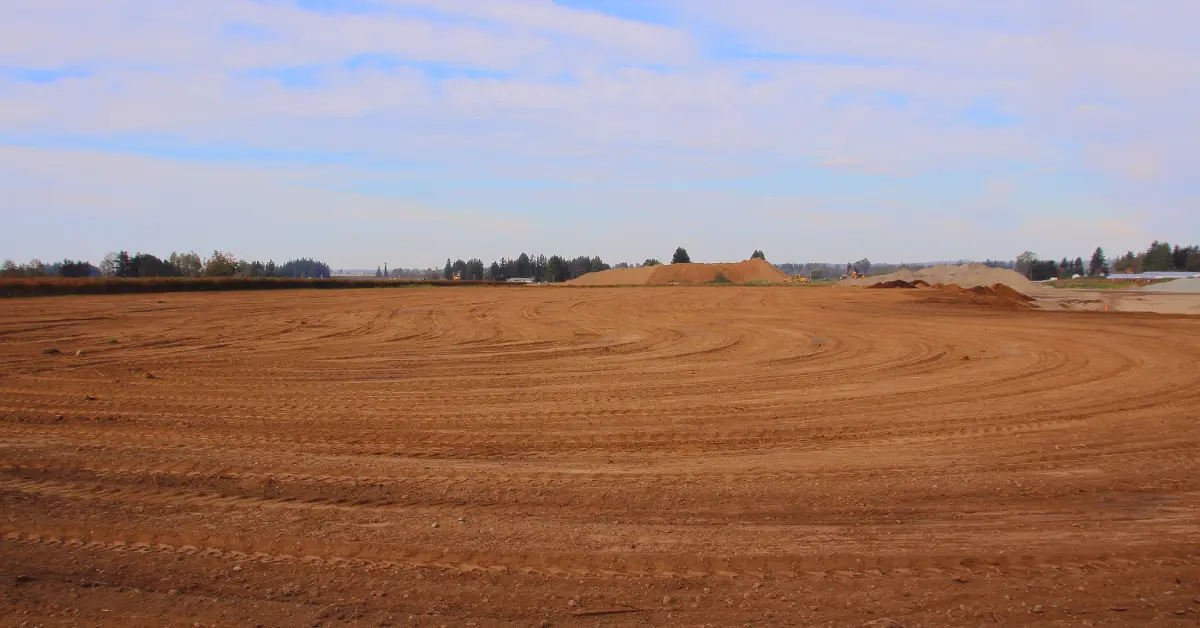



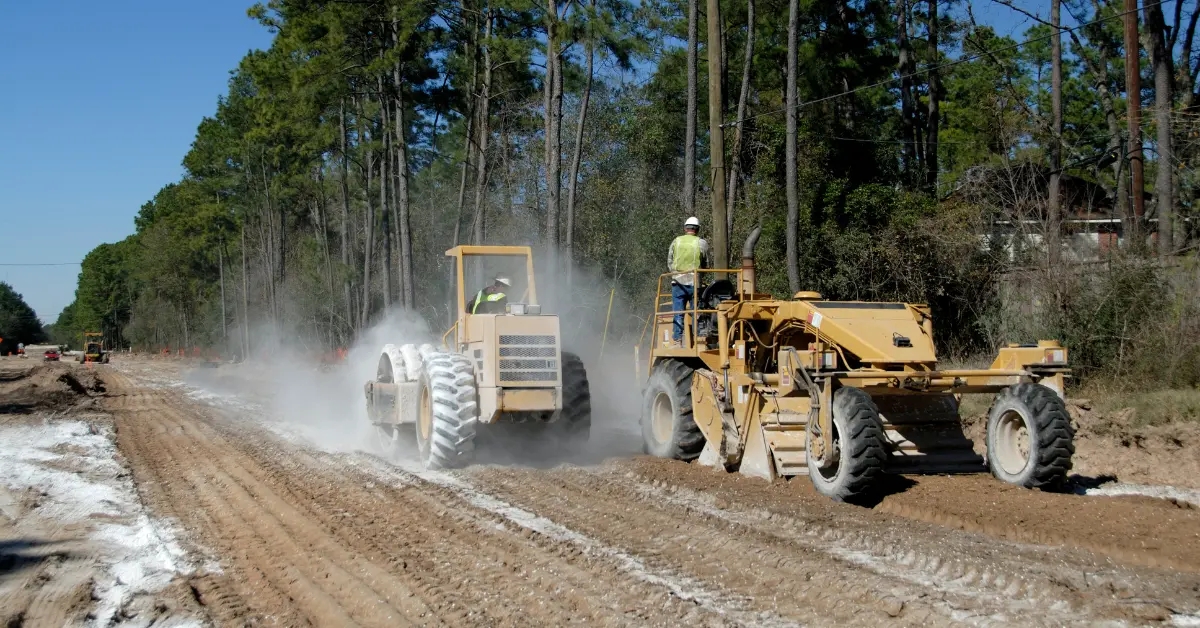




.jpg)

